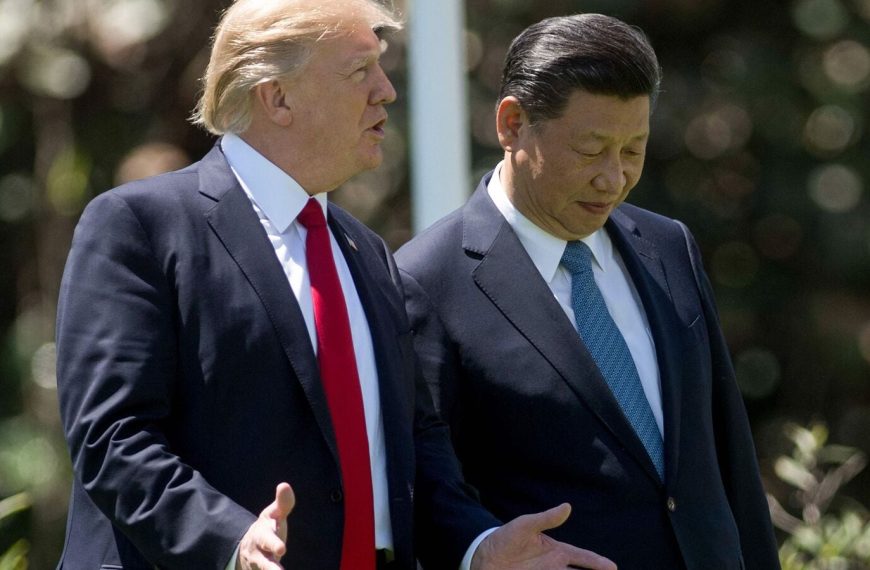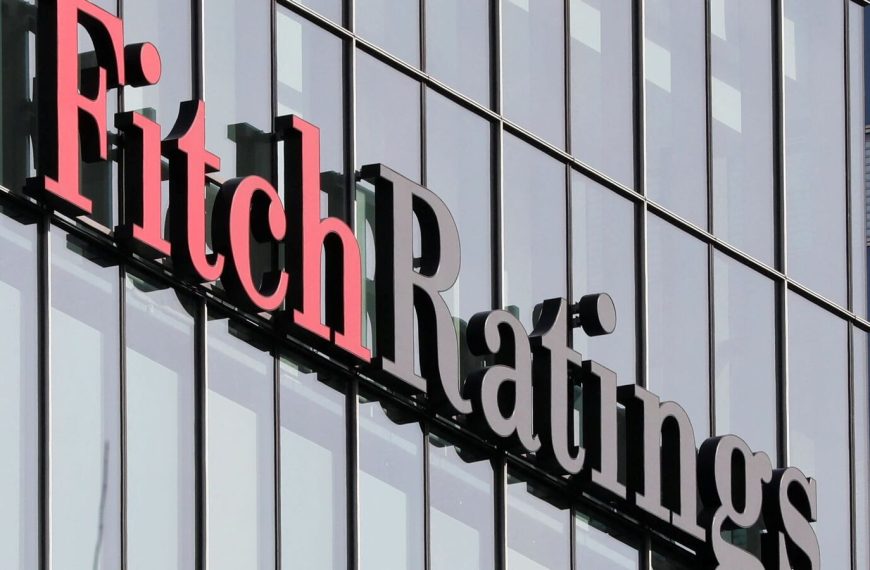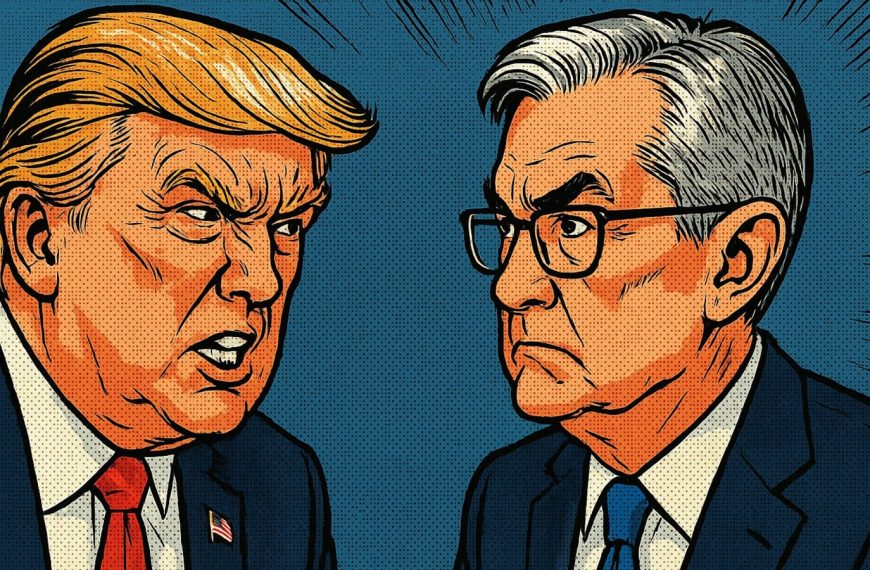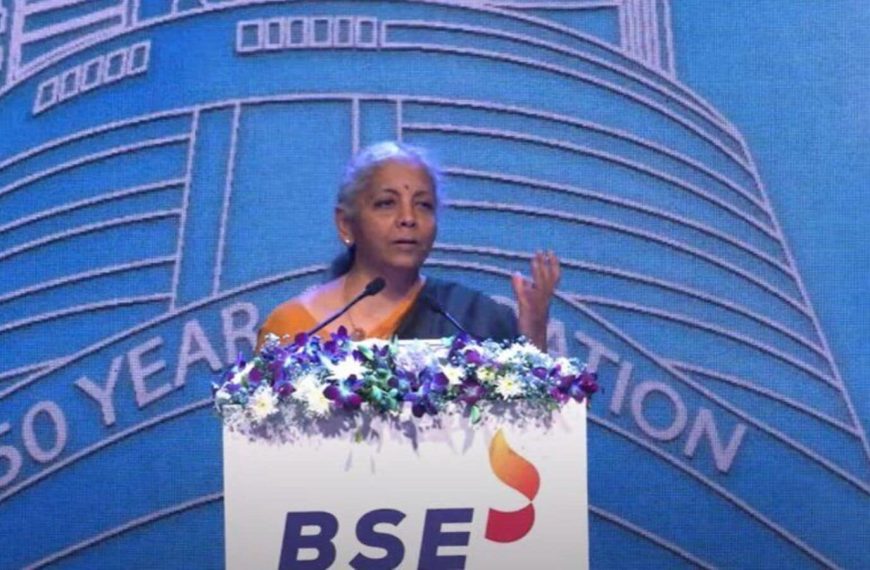The recent decision by the Monetary Policy Committee (MPC) to maintain the benchmark policy rate at 4.5% has raised eyebrows among economists and market analysts alike. With a significant 8 to 1 vote in favor of stability, it appears that more policymakers are adopting a cautious stance than previously anticipated. This shift indicates a growing preference for a hawkish approach, leaving the prospect of an immediate rate cut at its lowest point in six months.
A Shift Towards Caution Among Rate-Setters
The recent MPC meeting revealed intriguing dynamics within the committee. Notably, Deputy Governor Dave Ramsden and Alan Taylor, who had previously pushed for lower borrowing costs, opted for no change in policy this time around. Additionally, Catherine Mann, who had surprised the market with a call for a significant half-point reduction in February, joined the ranks of those advocating for stability. Meanwhile, the committee’s most dovish member, Swati Dhingra, adjusted her position, now calling for a quarter-point reduction instead of her earlier suggestion of half a point.
Uncertainty Ahead: No Pre-Set Path for Policy
The minutes from the meeting emphasized that there is “no presumption that monetary policy was on a pre-set path over the next few meetings,” indicating that a rate cut in May is anything but assured. Since last August, the Bank of England (BOE) has been on a quarterly easing cycle, yet market confidence in a May reduction has waned recently. Traders are now anticipating two additional cuts this year, albeit with a cautious outlook.
Governor Andrew Bailey expressed concerns regarding the current economic climate, stating, “There’s a lot of economic uncertainty at the moment. We still think that interest rates are on a gradually declining path.” He emphasized the need for close monitoring of both global and domestic economic developments.
Global Economic Pressures Mounting
The BOE has taken note of several external factors impacting its policy decisions, including increasing global trade tensions, Germany’s plans for heightened spending, and fluctuating financial markets. Notably, the actions of U.S. President Donald Trump to disrupt international trade are casting a long shadow over central banks. In a related move, the Federal Reserve opted to keep rates unchanged during its latest meeting, pointing to inflation concerns stemming from the White House’s tariff strategies.
In the UK, policymakers are grappling with a fragile domestic economy, which was already struggling before the rise of geopolitical tensions. Compounding this issue is a resurgence in inflation due to escalating energy prices. While the UK has largely avoided the direct repercussions of U.S. tariffs, experts predict that the broader economic fallout could dampen global demand and consumer confidence.
Concerns Over Wage Growth and Inflation
As the BOE navigates these complex challenges, some of its more dovish members have begun to adopt a more cautious stance. Ramsden has highlighted worries about firms planning to increase wages by nearly 4% by 2025, while Taylor has expressed reduced confidence in the inflation outlook. The BOE has projected that inflation could soar to 3.75% later this year, nearly double its 2% target. While officials believe this spike will be driven by temporary factors, they remain wary of rising inflation expectations among consumers and businesses alike.
Recent figures indicate that wage growth has reached a nine-month high, coupled with an uptick in employment, suggesting persistent demand in the economy. Although the MPC minutes downplayed the significance of these strong labor data, they acknowledged that upcoming wage settlements would be a crucial factor in shaping future monetary policy decisions.
In summary, the BOE’s cautious approach amidst evolving economic conditions reflects the complexities of navigating both domestic challenges and global uncertainties. As the landscape continues to shift, all eyes will be on upcoming economic indicators that could influence the committee’s next steps.











